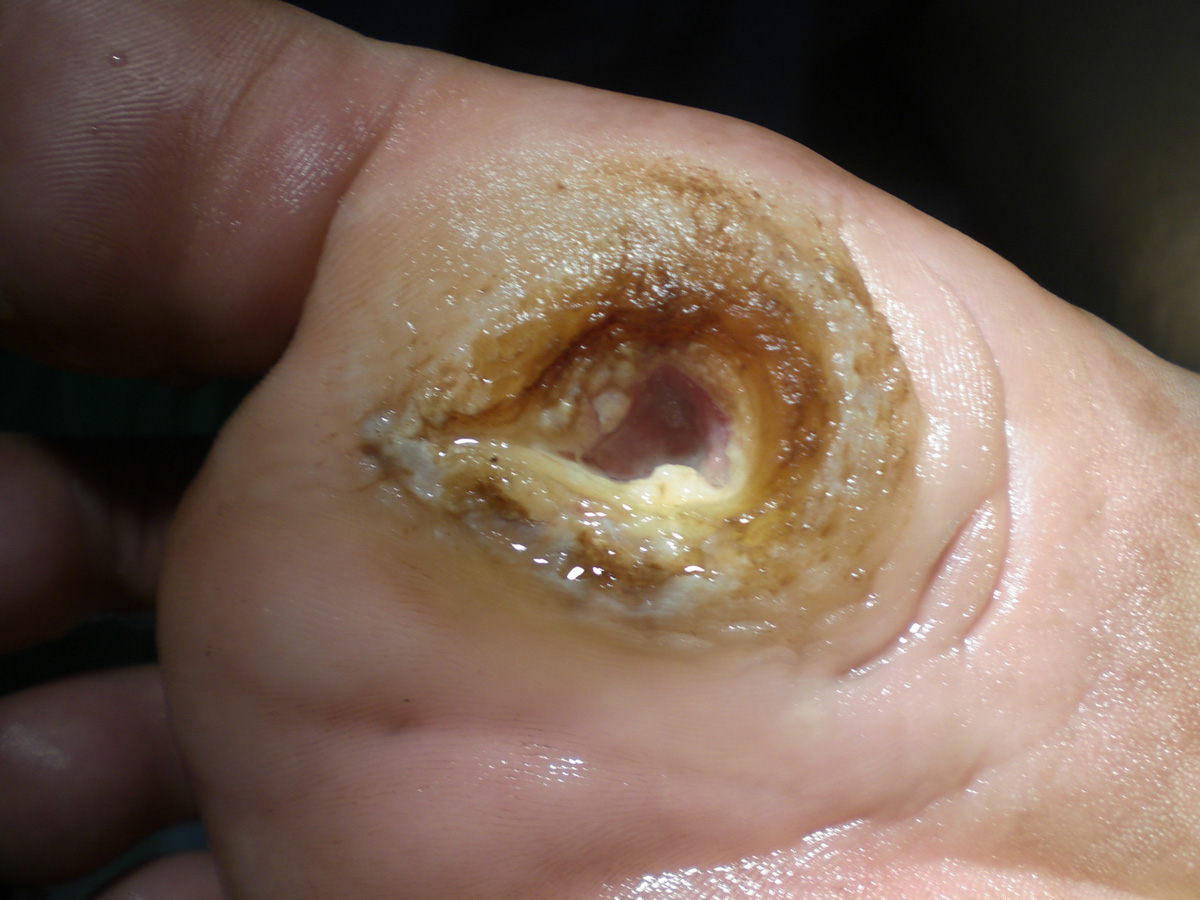
Diabetic Neuropathy - Overview
Diabetic neuropathy is a nerve damage which results as a consequence of diabetes. High level of sugar in blood is detrimental for the entire body including nerves. The most commonly affected nerves are those in the legs and feet.
The symptoms and signs of diabetic neuropathy generally depend on the affected nerves. They may be in a form of pain and numbness in the extremities and can also feature with problems related to the digestive system, urinary tract, blood vessels and heart. While some patients can successfully deal with symptoms of diabetes neuropathy for others this is a rather painful, disabling and potentially fatal condition.
Diabetic Neuropathy Treatment
Unfortunately, there is no cure for diabetic neuropathy since once the nerves are damaged they simply cannot be repaired. On the other hand there are treatment options which can slow the progression of the disease. It is essential to maintain optimal levels of sugar in blood and this way control diabetic neuropathy.
Treatment from diabetic neuropathy generally depends on the symptoms and the type of neuropathy. The goal is to reduce intensity of symptoms and control the disease. Patients suffering from diabetic neuropathy must take proper care of their feet. Due to loss of sensation one may injure the feet without even knowing. This can cause formation of ulcers and open sores and infection which if not treated may lead to gangrene.
Pain caused by diabetic neuropathy can be alleviated with certain medications. These medications are generally prescribed to people suffering from depression (antidepressants) but they are equally effective in pain reduction when it comes to diabetic neuropathy. The most commonly prescribed antidepressants include tricyclic antidepressants and duloxetine hydrochloride. The pain can be also controlled with anti-seizure medications (gabapentin, pregabalin, and carbamazepine). Some patients are prescribed lidocaine patch which is applied to the area of the most intensive pain.
Apart from treatment of pain there is also need for managing complications of diabetic neuropathy. The specific treatments are created in order to deal with complications of diabetic neuropathy. Urinary tract problems may be treated with antispasmodic medications, certain devices (pessaries) and behavioral techniques. Digestive problems (gastroparesis and similar) are corrected with eating smaller, more-frequent meals, reduction of fiber and fat in one's diet and elimination of certain foods. Sexual dysfunction can be brought under control with certain medications and these, due to their side effects, can be only prescribed by a doctor. Additional help is obtained from vacuum devices and the last option for men includes penile implants.



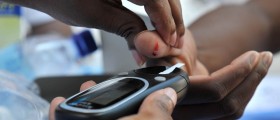

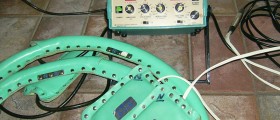
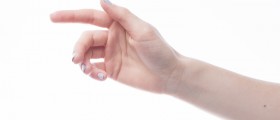

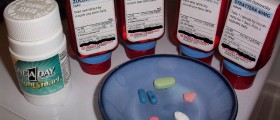



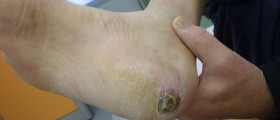

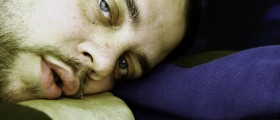

Your thoughts on this
Loading...